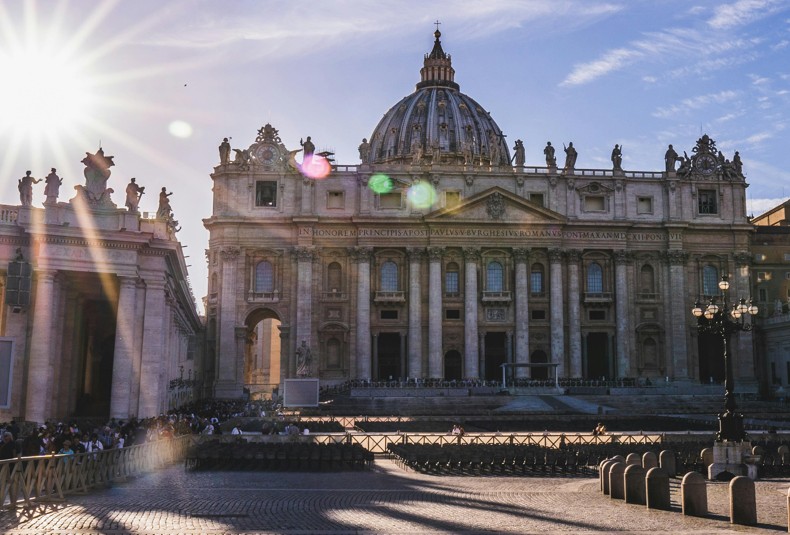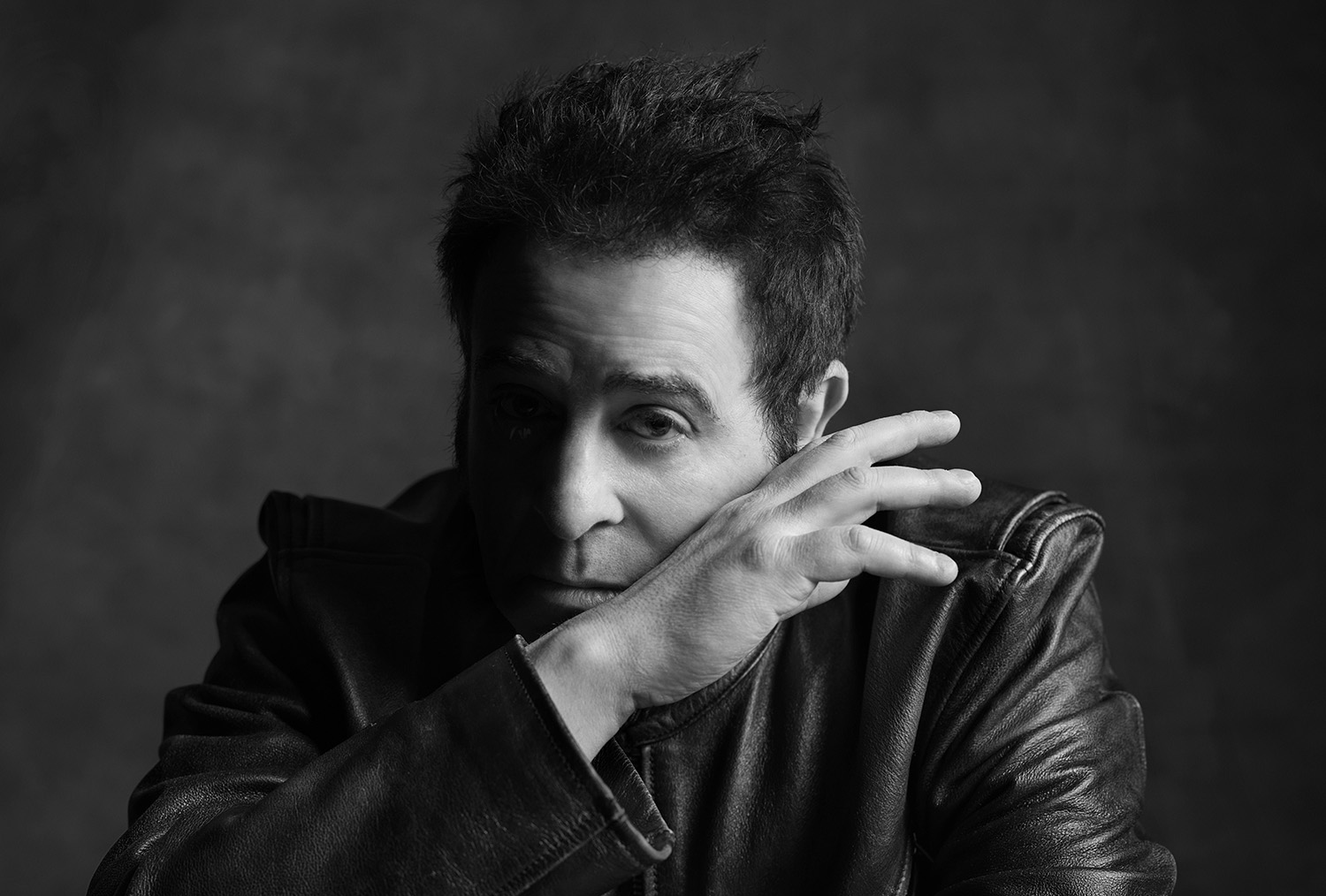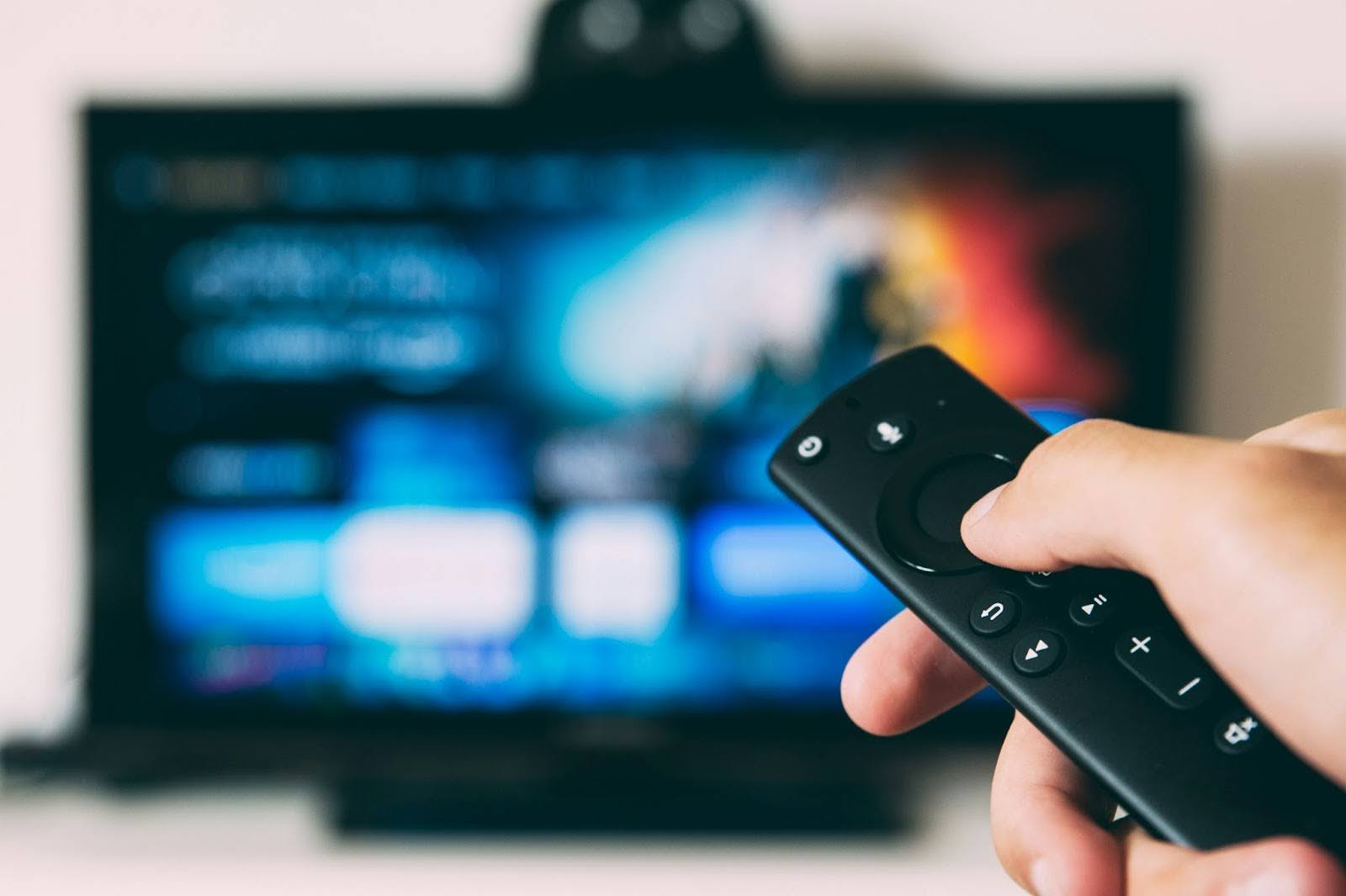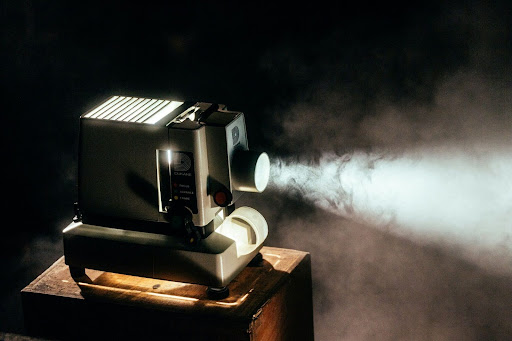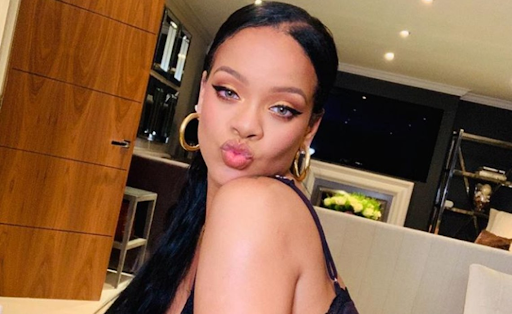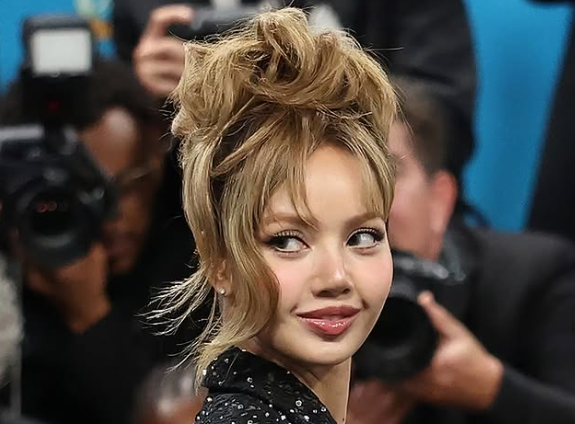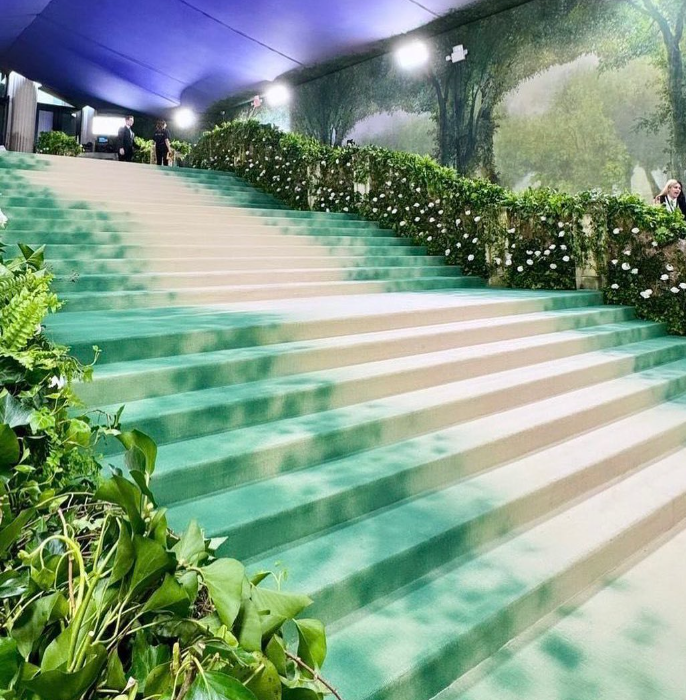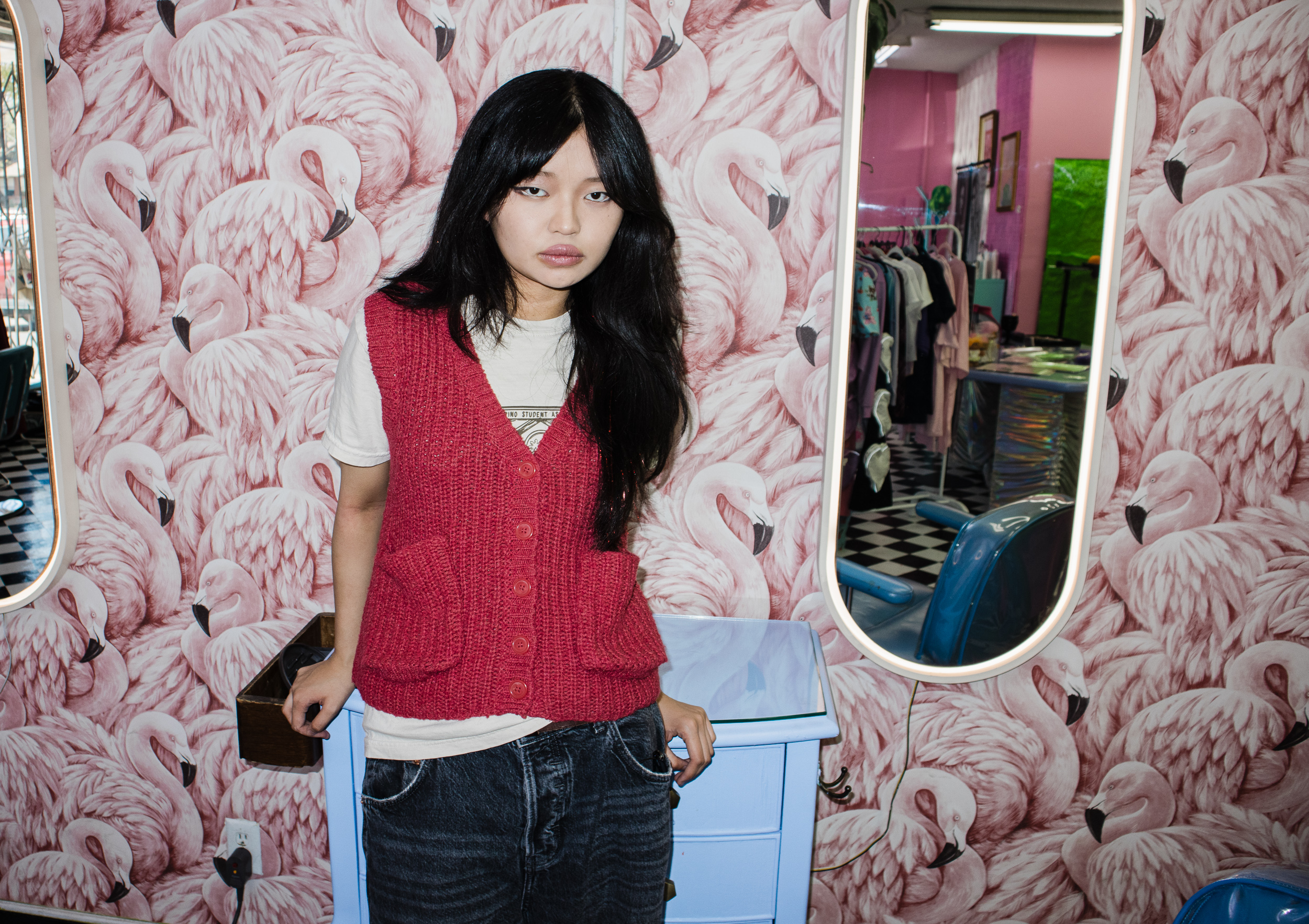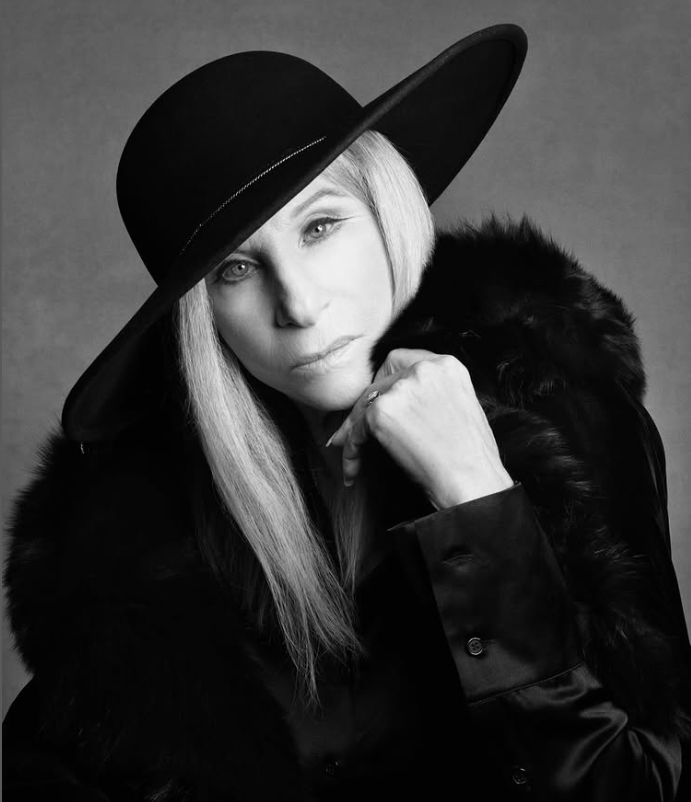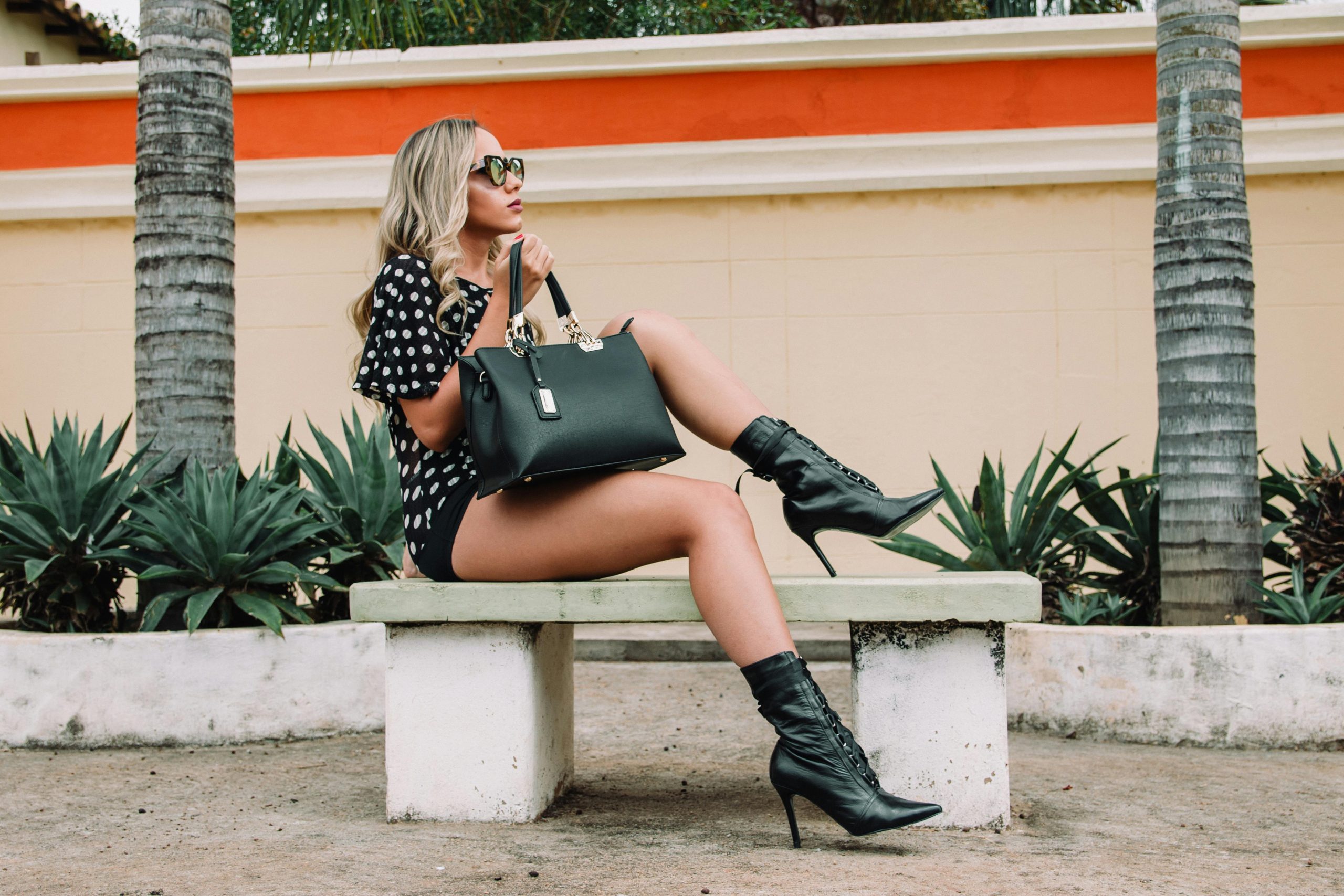In 2010, a singer-songwriter by the name of Ellie Goulding went from a relative unknown to the newly crowned ruler of the British music charts.
Raised in a village of fewer than 1,000 people, Goulding went on to study at University of Kent, where she was spotted by her future manager. After building a presence on MySpace and linking up with various producers, the budding star inked a record deal with Polydor, who released her first EP, An Introduction to Ellie Goulding, in 2009. The Guardian called her a “pop sensation” before the EP had even hit stores.
Goulding’s early work was emblematic of U.K.’s biggest trends in music. At the time, Florence + the Machine’s grandiose baroque pop was getting major radio play, juxtaposed with the electro beats of recording artists like Example and Tinie Tempah. Goulding toed the line between the two worlds, updating her acoustic coffeehouse roots with synths and layered production. With her debut record, Lights, released a decade ago, Goulding proved she wasn’t just the result of empty record label hype. Historically rockist Pitchfork gave the record a 6.8 out of 10, a seemingly middling number that translates to a major achievement in the pop sphere. She was the real deal, and the United States wasn’t ready.
While Goulding’s brand of pop was England’s next big thing, the U.S. was welcoming the age—albeit a relatively brief one—of dubstep. Though the eardrum-rattling EDM subgenre coincidentally originated in London, North American producers like Skrillex, Datsik, Excision, and Bassnectar brought the boom across the pond in the early 2010s. When Bassnectar gave a whack at reworking Goulding’s song “Lights,” he played a major role in broadening her reach, too.
Bassnectar—the Bay Area EDM pioneer born Lorin Ashton—uploaded his remix of “Lights” to YouTube in February 2011. True dubstep was a bit aberrant for mainstream radio, but thanks to Internet virality and simple word-of-mouth, it came to define the early 2010s and sneak its way into the pop charts; Skrillex would go on to make a Top 10 hit with Justin Bieber, while the bass drops of Taylor Swift’s “I Knew You Were Trouble” are undeniably indebted to dubstep. Goulding’s original version of “Lights” eventually reached the U.S. charts two years after its initial release. But for hundreds of thousands of online music purveyors, the Bassnectar remix was the first time they heard her voice.
Though Goulding’s debut album blended synthpop with folksy roots, a great deal of her commercial success came by way of DJs: Her collaborations with Calvin Harris, Diplo, Kygo, Major Lazer have all landed on the Hot 100 (Skrillex and Zedd have also enlisted her for vocals). She lent songs to a number of top movie soundtracks, too, including The Hunger Games: Catching Fire, About Time, Divergent, and—most unavoidable of all—50 Shades of Gray, whose “Love Me Like You Do” remains Goulding’s biggest U.S. hit since “Lights.” Her career thus far has been defined mostly by guest vocals on EDM bangers and movie songs, rather than her own down-to-earth pop foundations.
Though the sounds of Lights might’ve been forgotten in the U.S., its influence is still prominent. The meteoric rise of Maggie Rogers—with Pharrell’s endorsement aside—came with a reverence for her ability to bring a ’70s singer-songwriter sincerity to Swift-sized splendor. King Princess, the young phenom cosigned by Harry Styles, similarly mixes synthy schmaltz with a bluesy, homegrown feel.
This isn’t to say that Goulding isn’t a massive pop star, but had her ascent occurred in other circumstances, our perception of her as an artist would feel more authentic. But now, so closely affiliated with clubby, house hits and soundtrack songs, Goulding’s fresh approach to pop has fallen into the shadows—but its influence on mainstream music is still prevalent, however distorted. Anyway, stream Lights.
Lights
- 2015 Grammy Submissions—Katy Perry, One Direction, Taylor Swift … ›
- 19 Famous People Who Look Funny with Harry Styles Hair – Popdust ›
- Adventures In Dating—Spotlight On Meet Single Firefighters – Popdust ›
- Will “We Are Never Ever Getting Back Together” Get Taylor Swift Her … ›
- The 50 Greatest Multiple-Hit Song Titles in Pop Music History … ›
- “I Love Living a Life That I Can Write About”: Talking with Taylor … ›
- Lollapalooza Celebrates 25th Anniversary This July & Resale … ›
- Bridgit Mendler Can’t Stop Thinking About How “Cray” 2012 Has Been ›
- Why “Baby Shark” Is an Evil Song—And Top 40 Hit – Popdust ›
- Five Weeks for Our Girl Carly Rae, What’s Up Pink and Ellie Goulding ›
- Bassnectar Allegations Prove the EDM Community Enables Rapists – Popdust ›
- Ellie Goulding: Indoor Air Pollution Harms Developing World | Time ›
- Ellie Goulding: ‘My voice is the top thing. That’s the key’ | Music | The … ›
- Ellie Goulding performed at the Dallas Cowboys’ Thanksgiving … ›
- Ellie Goulding shows off her incredible frame in a plunging green … ›
- Ellie Goulding: All Hat, No Kettle? ›
- Singer Ellie Goulding Threatens to Drop Salvation Army Halftime … ›
- Ellie Goulding threatens to cancel her Cowboys Thanksgiving … ›
- Kygo & Ellie Goulding – First Time – YouTube ›
- Ellie Goulding – Wikipedia ›
- Ellie Goulding – How Long Will I Love You (Official Video) – YouTube ›
